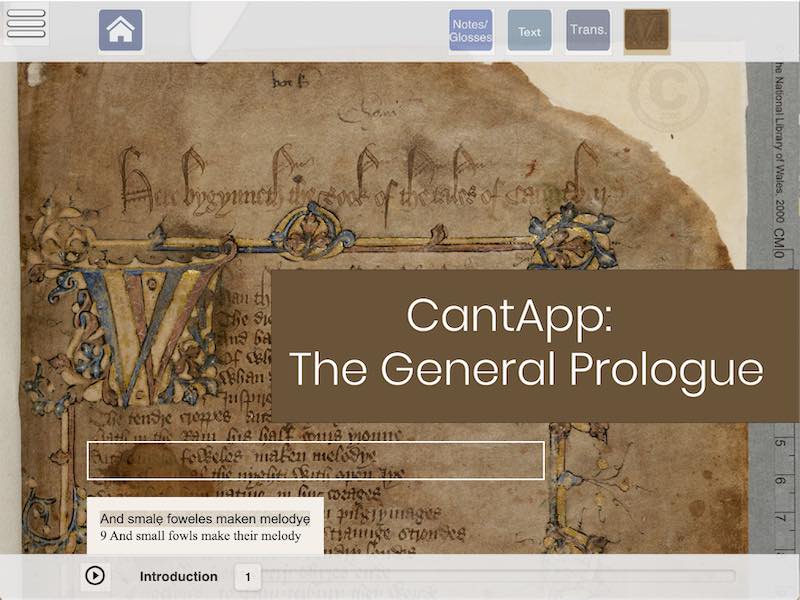Publications
- All
- History
- Chaucer
- Dante
- Old English
- Armenian
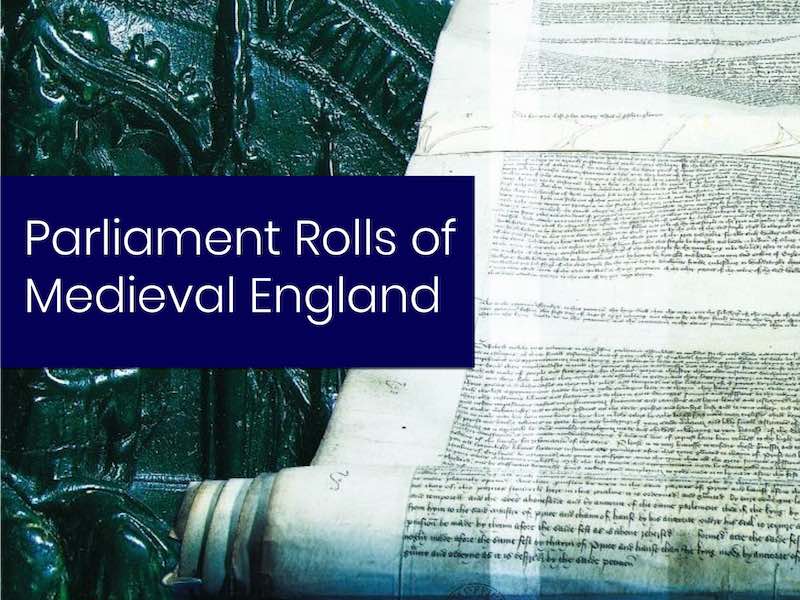
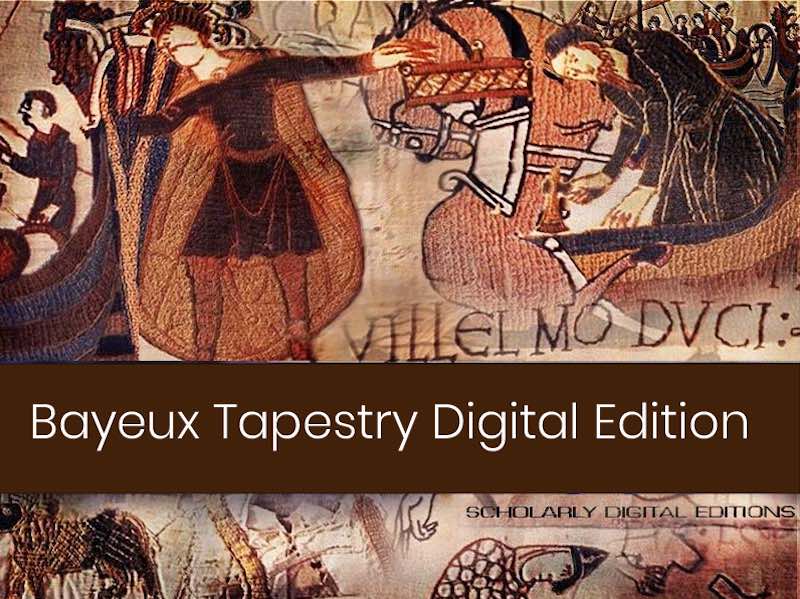
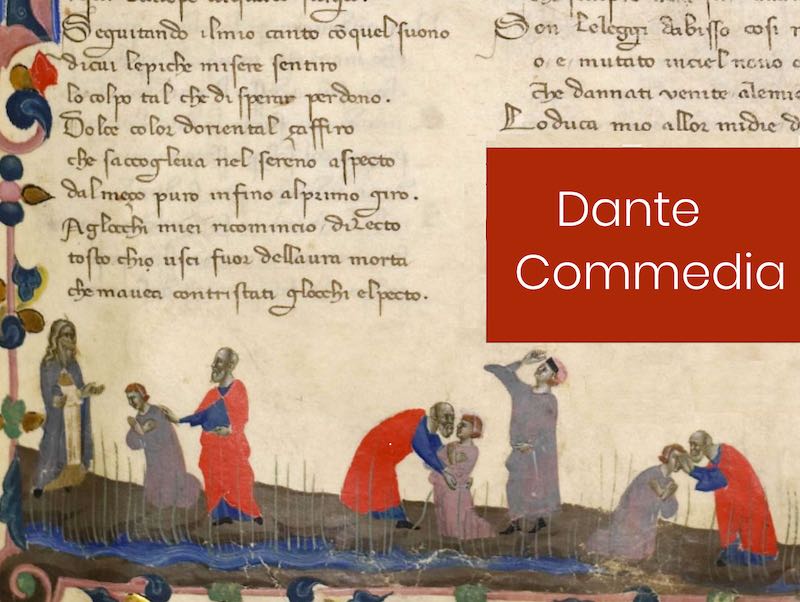
Prue Shaw's edition of the Commedia
Images, transcripts of seven key manuscripts
Full word by word collation
Analysis of textual relations
"...a precious resource for Dante scholars" and "for anyone interested in medieval manuscripts"
More... Sample (Not for sale)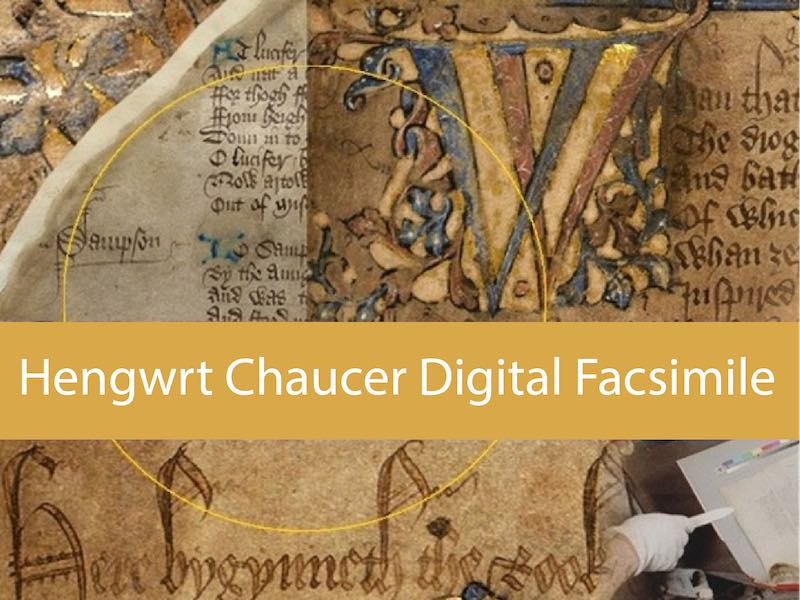
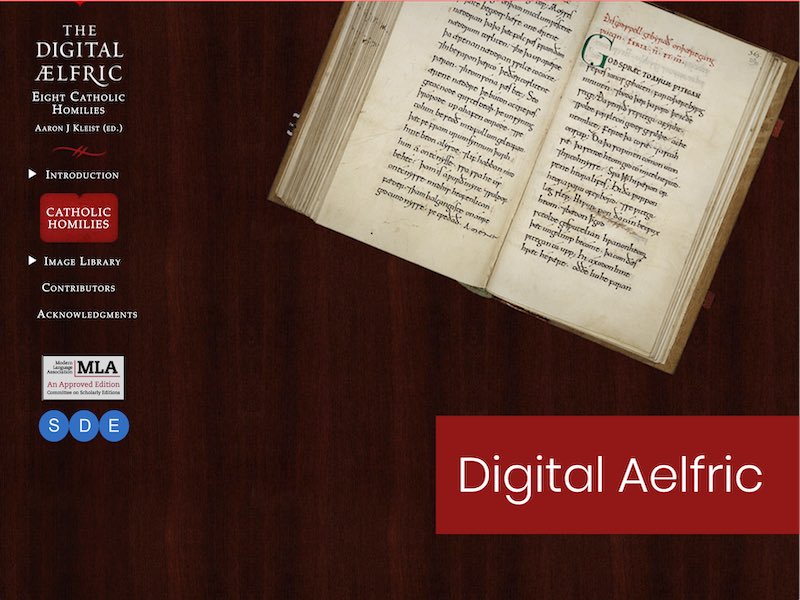
Dynamic edition of a core section of
Ælfric’s Catholic Homilies
Images, transcripts and comparisons of 27 manuscripts for eight homilies
Awarded Modern Language Association
Committee for Scholarly Editions Seal of Approval
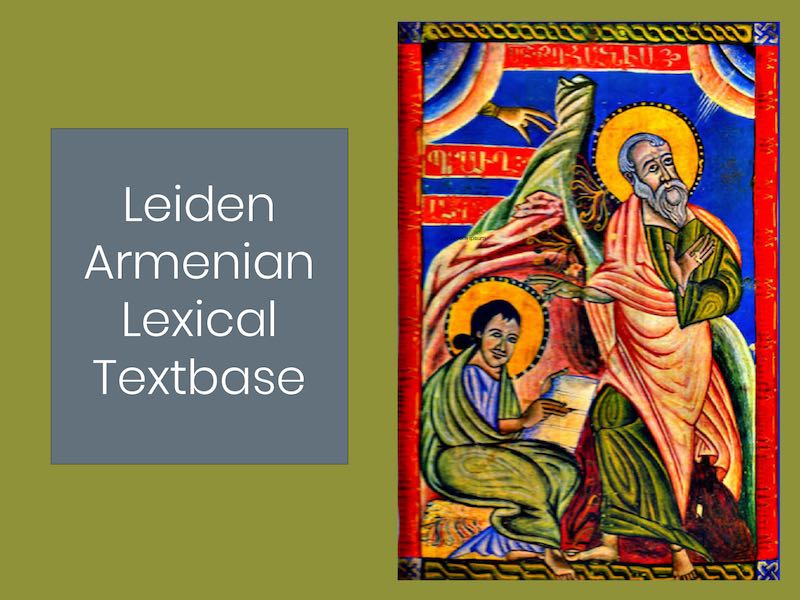
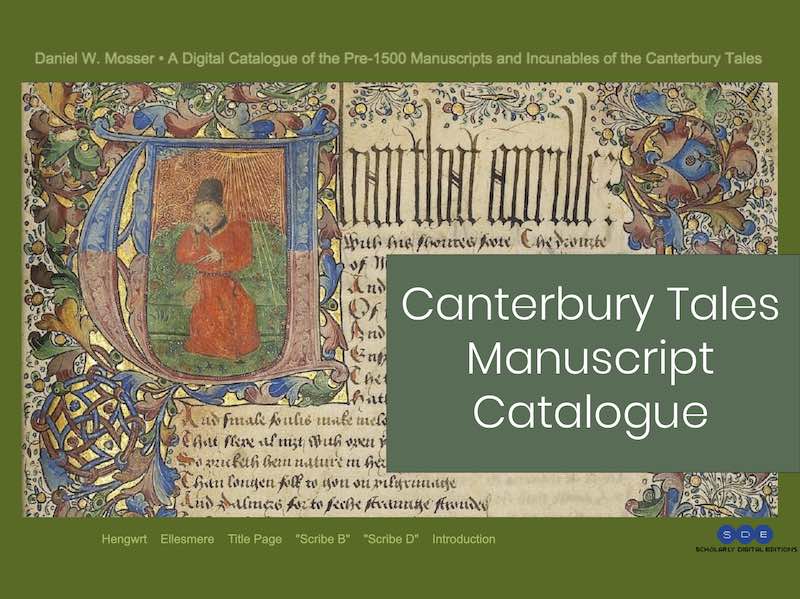
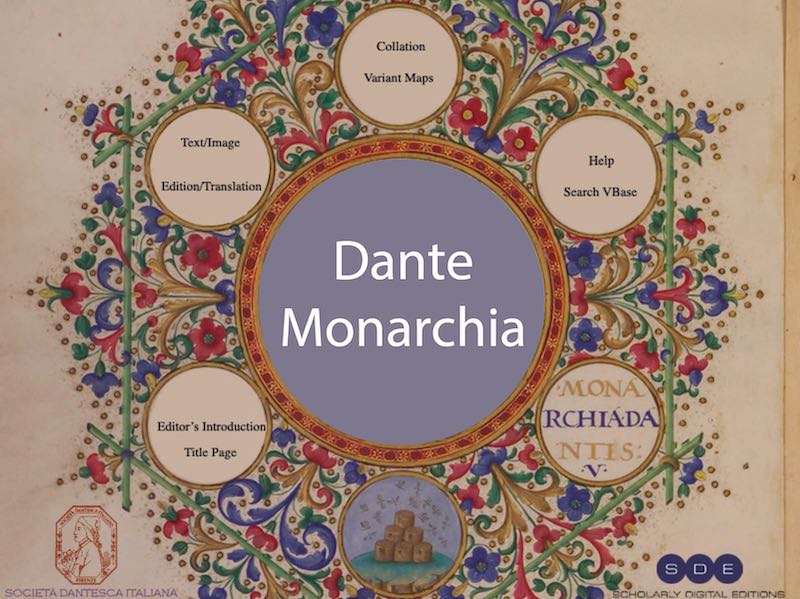
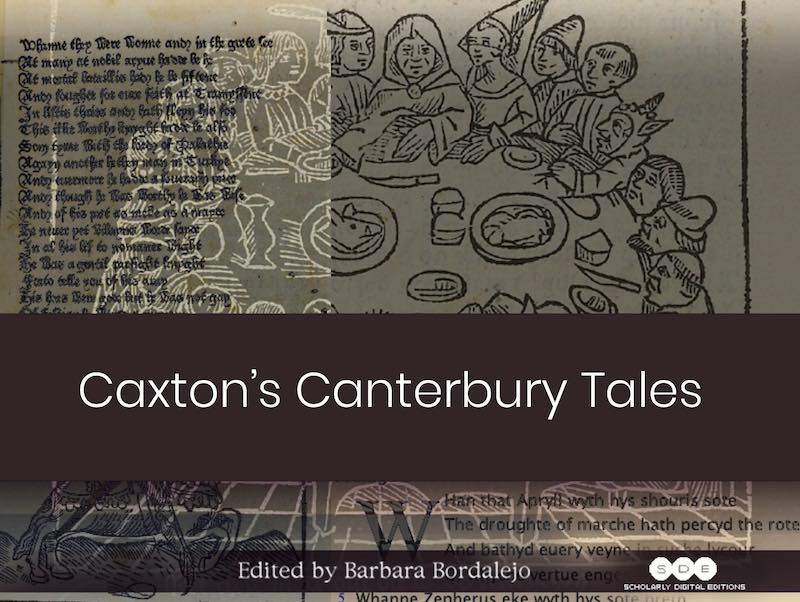
About Inkless
- Why Inkless
- Publication model
- History
- For scholars
- For readers
Why Inkless
Our founder speaks: I started Inkless Editions, the imprint of Scholarly Digital Editions, to use digital technology to present fundamental documents from the past in challenging new forms. Inkless aims to give leading scholars the chance to provide innovative access to their original research on the documents. As a publisher, Inkless (like its parent, Scholarly Digital Editions) is apart from any institution, and has never received grant or any other funding.
The dream of digital technology is to bring the past direct to your eyes, through your computer or mobile device. As a publisher, Inkless is independent of traditional university structures, with their elaborate controls. My hope is that it will open digital space to allow readers and scholars to meet in new understandings of the past.

Inkless people

Peter Robinson
Founder, Director, EditorAs a small boy in the Australian outback with nothing but sheep and dogs for miles around, I found the past in books. Each month a book club sent several new books to my mother: she read some, I read every one, as I travelled the world page by page.
School, university, museums, and travel took me deeper into history. Computers and the internet arrived while I was doing my doctorate. I was at Oxford, the epicenter of computing and the humanities, and saw how digital methods could change what we see in the past, and how we see it. The screen is the museum and the library, but always open and open to all. At the same time, I was wading into the worlds of editorial theory and practice. From Jerome McGann and Peter Shillingburg and others I learnt that the past is not just to be seen: it is to be understood, to be argued about, to inspire.
My first work with digital editions was in the 1990s, as I and Cambridge University Press together worked out how to make these wonderful new objects. I started Scholarly Digital Editions -- now Inkless Editions -- to help us decode the past into our own lives. It is the site I would like to have discovered when I was a child.

Barbara Bordalejo
Publishing DirectorWhat are the chances that a Latin American girl, first-generation university student, would end up specializing in medieval English literature and teaching in Anglophone universities?
My parents are artists, and when I was three-years-old, they packed up the apartment they had just bought and moved us from Buenos Aires to Caracas, where I grew up among journalists, filmmakers and public intellectuals. When I was ten, we closed up our place in Caracas and headed to Europe, where we spent a year visiting museums, churches, and pinacothecas. After skipping 5th grade, I continued my education in Venezuela and then in north America, obtaining multiple degrees, including two master's degrees in succession and two doctorates simultaneously.
My fascination with manuscripts and editions started almost from the very beginning of my studies. I have been designing transcription and encoding systems for primary textual sources since then, as well as creating digital editions.

Tom Farrell
EditorAfter a pursuit of academic degrees that, apart from Frances McSparran's courses, probably challenged me too little to be of significant help, my intellectual work began to come into focus when I started studying the theories of Mikhail Bakhtin in the mid 1980s. Perhaps it is not entirely coincidental that a volume I edited, addressing the relevance of those ideas to medieval literature, came out in 1996, the same year that I first encountered the newly published Wife of Bath's Prologue on CD-ROM. The ensuing dialogues, literal and figurative, with friends, with teachers, with other scholars, with intramural colleagues, with students, occasionally with members of my family—all those dialogues about texts, about editorial processes and the problems of editorial theory (and theories), and about scribal work and its value to editors, have been my primary interest ever since, leading to my work on the Reeve and Cook's Tales for Inkless Editions.
Video Introduction
Contact
Inkless Editions is an imprint of Scholarly Digital Editions LLC
Scholarly Digital Editions is an LLC registered in Delaware, United States.
Email: peter@inklesseditions.com

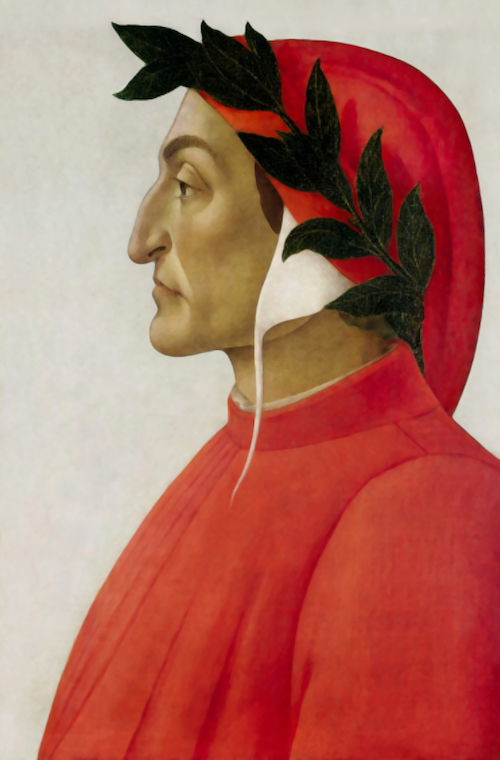 Dante's Commedia, Second Edition. Free to all.
Dante's Commedia, Second Edition. Free to all. Caxton's Canterbury Tales: the British Library Copies. Free to all.
Caxton's Canterbury Tales: the British Library Copies. Free to all.